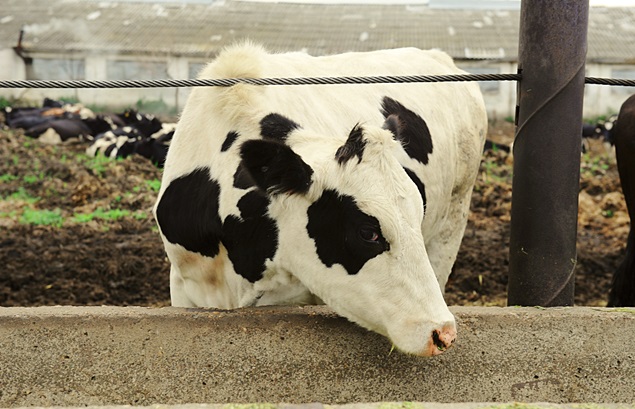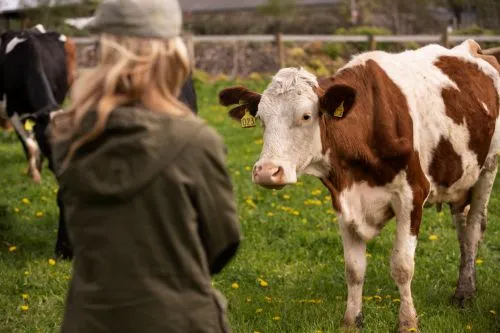1283

According to Euractiv, the spread of H5N1, also known as avian influenza, to cattle and mammals in the United States has raised concerns among disease control workers, but the European Union says they are well-prepared.
Hard to transmit to humans
In response to a question from Euractiv, the European Commission's Health spokesperson, Stefan de Keersmaecker, said that the European Centre for Disease Prevention and Control (ECDC), which monitors the virus, states that although highly pathogenic in birds, it is difficult for the virus to be transmitted to humans.
There is also an early warning response system managed by the Commission, which requires member states to report any cases.
De Keersmaecker added that vaccines are available and joint procurement contracts have been concluded, so the EU is prepared if a pandemic were to occur.
"All of these show that the European Union's health capacity has been strengthened since the COVID-19 pandemic, and we are well-prepared. Of course, we are monitoring the situation together with the member states and, of course, we are closely monitoring what is happening in the US with our CDC colleagues."
Meanwhile, a spokesperson for the European Food Safety Agency told Euractiv they are aware of the situation in the US and "closely monitoring the situation and its possible evolution."
"Enormous concern"
As of last week, 34 confirmed outbreaks of H5N1 avian influenza have been detected in dairy cows in nine US states. The federal government has recently introduced restrictions on cattle movement across state borders and recommended the use of protective equipment for those working with dairy cows.
On Monday (April 29), the US Department of Agriculture announced that it is now testing the virus in ground beef. Although traces of the virus have been found in milk, it is not considered dangerous if pasteurized.
Asked about the spread of H5N1 to cattle, WHO scientist Jeremy Farrar, echoing the position of other stakeholders, said last week that it is "enormously concerning."
"I think we need to watch this much more closely; we need to make sure that if H5N1 does spill over into humans with human-to-human transmission, that we would be able to respond immediately with equitable access to vaccines, therapies, and diagnostics," he said.
The Health Emergency Preparedness and Response Authority (HERA), established by the Commission in 2021, has identified avian flu as a priority threat, and Euractiv was told by the Commission that it supports the development of appropriate medical countermeasures, including vaccines, therapies, and diagnostics for human use.
In its recent report on the future of the single market, Enrico Letta warned that pandemic preparedness is non-negotiable.
He called on the EU to establish rapid, simple, non-bureaucratic protocols, managed by an efficient chain of command.
"Europe risks squandering the hard-won lessons of the pandemic if it does not adopt a more unified approach to health. Infectious diseases do not respect borders, as choices made (or neglected) in one member state spread across the entire Union," he wrote.
"The World Health Organization warns that 'Disease X' is inevitable. We do not know the shape or when it will hit, just that it will and it could be far more devastating than COVID-19." (Photo: Dreamstime)





